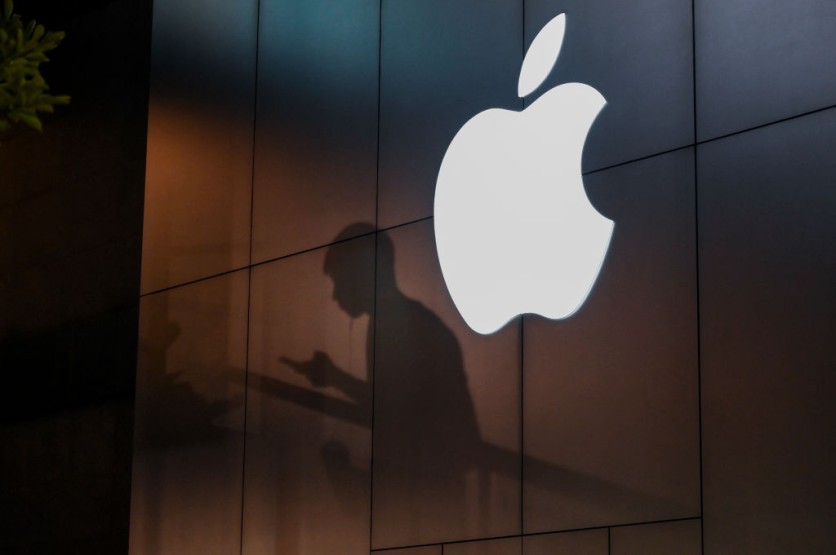Security specialists founded DoubleYou to enhance the cybersecurity of Apple devices. Former National Security Agency staffer turned macOS security researcher Patrick Wardle and ex-Apple offensive cybersecurity expert Mikhail Sosonkin formed the startup to address the lack of powerful macOS and iPhone security technologies.
The growing use of Macs in business situations has made them profitable targets for hackers, according to Wardle and Sosonkin. Their defensive strategy will be based on offensive cybersecurity methods, as well as modular hacking-style tools, per TechCrunch.
Firms can personalize their defenses by incorporating these distinct capabilities into their security systems. These include assessing new processes, monitoring DNS network traffic, detecting malware persistence efforts, bitcoin miners, ransomware, and webcam and microphone use rights.
DoubleYou is devoted to developing world-class defensive capabilities to combat the latest Apple device threats. "But instead of deploying these ourselves, we aim to empower others who are building security products," per its website.
To democratize security, the cybersecurity firm's capabilities are carefully designed to effortlessly integrate with other security solutions, enhancing their detection and protection capabilities.
DoubleYou's founders want to be independent and do not need outside financing. They focus on technological development without a quick scale to advance cybersecurity while keeping true to their values.
MacOS Gets Increased Attacks from Online Criminals
According to Apple security expert Patrick Wardle, Mac malware is increasing in quantity and sophistication. From 2022 to 2023, Wardle saw over 100% more macOS malware specimens, mostly ransomware, trojans, and backdoors.
This surge led Bitdefender to discover Trojan, a new backdoor.MAC.RustDoor resembles BlackBasta and ALPHV/BlackCat. Bitdefender claims that this stealthy virus has been attacking for three months.
Bogdan Botezatu, Bitdefender's Director of Threat Research and Reporting, said that cybercriminals' growing targeting of Apple customers and their macOS infiltration methods, according to Techopedia. Unfortunately, Macs' rising enterprise presence has made them lucrative targets. Some cybercrime gangs are switching to Mac to seek new routes amid heavy Windows competition.
Read Also : iPhone Upgrade Program Members Informed That Their Trade-Ins Have Been Cancelled in Latest Apple Email

MacOS malware has progressed from adware to trojans and backdoors. Famous North Korean cybergangs, such as the Lazarus Group, have created macOS-targeted malware. Bitdefender found new Mac malware variants from BlackBasta and BlackCat organizations exploiting macOS vulnerabilities.
Sneak Attack Identified
The increasing use of macOS by cybercriminals seeking fresh opportunities is a clear indication of the platform's growing market share. The prevalence of devastating trojans, outnumbering MacOS dangers such as potentially unwanted programs and aggressive ads, serves as a stark reminder of the evolving threat landscape, necessitating heightened vigilance and robust security measures.
A recent cybercrime campaign, as reported by 9to5Mac, has sent shockwaves through the cybersecurity community. The campaign, discovered at this year's Black Hat Asia, was a complex operation that managed to steal over $400,000 in just two years. The fraudsters exploited stolen credit cards and Apple Store Online's 'Someone else will pick it up' option, highlighting the audacity and sophistication of modern cybercriminals.
Gyuyeon Kim and Hyunho Cho from South Korea's Financial Security Institute discovered a series of assaults on over 50 legal online retailers in September 2022, leading to substantial data breaches. To avoid detection, the attackers took credit cards and personal information and modified payment sites.
Kim and Cho told Black Hat that fraudsters profited from Apple Store Online's 'Pickup Contact' policy. They used stolen credit cards to buy cheap Apple products from the Apple Store and sold them to second-hand web retailers. Buyers unaware of the fraud would pick up the merchandise and pay the threat actors.
According to South Korea and Japan, "Poisoned Apple" has made $400,000 in two years. The researchers believe the offenders are from China but caution that crooks worldwide may use similar methods.

ⓒ 2025 TECHTIMES.com All rights reserved. Do not reproduce without permission.




